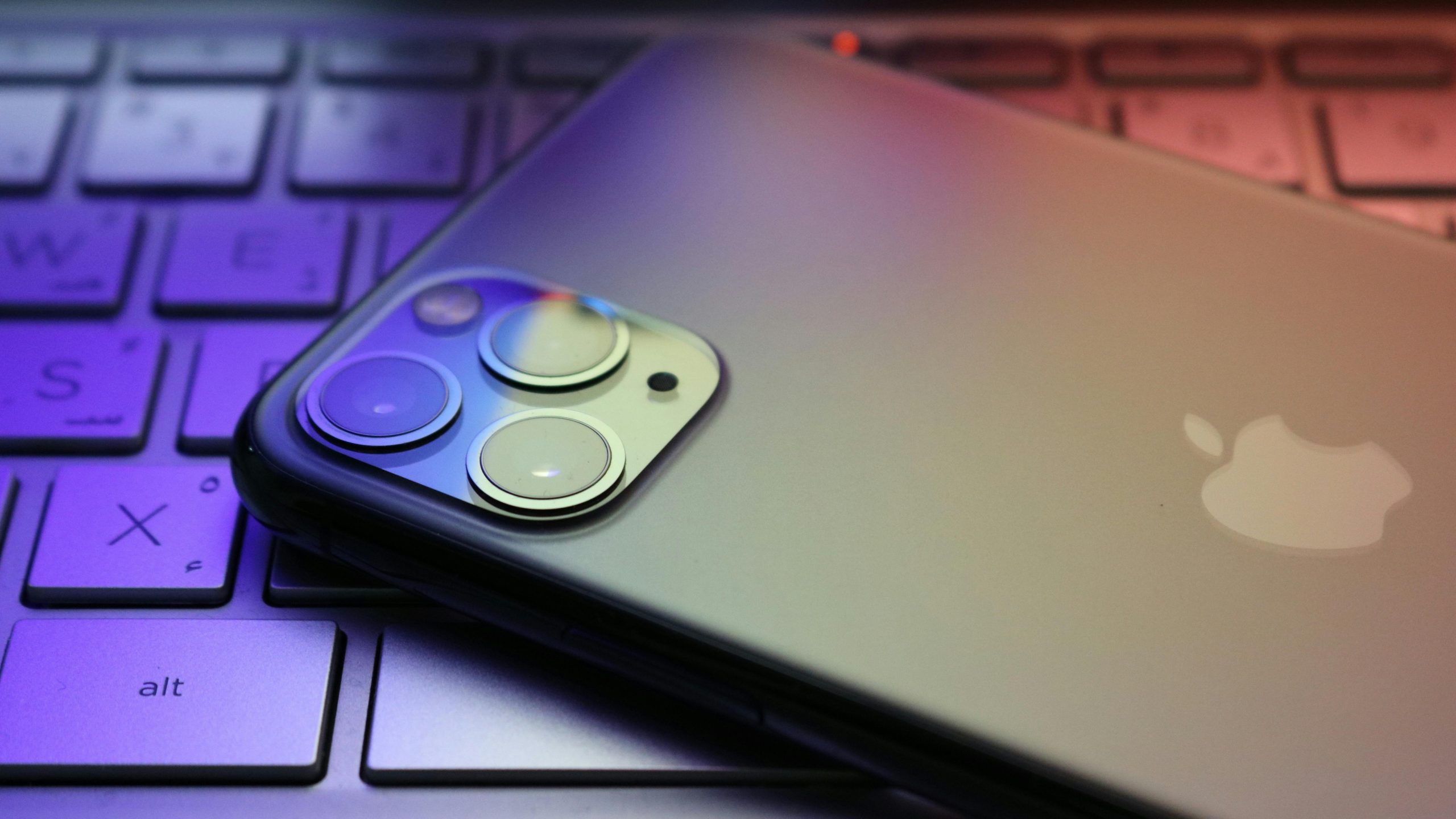Ensuring Your Laptop’s Security After Confiscation: A Cautious Approach
In a recent experience at Tel Aviv Ben Gurion Airport (TLV), I had my laptop taken by Israeli security for approximately 24 hours due to their protocols. After it returned as checked baggage, I was left with a lingering sense of unease about its security. Despite not having any highly sensitive data on my device, being politically active raises valid concerns about the potential for malicious software or hidden threats, such as rootkits.
Upon consulting my company’s IT director, I received a rather drastic recommendation: “Just buy a new laptop.” Taking this advice to heart, I invested in a new device; however, I couldn’t shake the feeling that my relatively new laptop was just sitting idle and going to waste. This led me to ponder what measures I could take to secure it before potentially using it again.
Step-by-Step Security Measures
For those sharing a similar dilemma, here are some potential strategies to ensure your laptop’s integrity:
-
Assess the Damage: Understand that any degree of confiscation can lead to risks. Even if your data isn’t sensitive, sophisticated spyware is within the realm of possibility.
-
Consider a Complete Reinstallation: One option is to perform a complete wipe of your hard drive and reinstall your operating system. If you’re feeling particularly cautious, flashing the BIOS as well may provide an additional layer of security. However, realize that this might not be foolproof — spies and malware can lie deeper than visible files.
-
Work Off-Network: As advised by my IT supervisor, keeping the device isolated from networks can significantly reduce risks. Using a USB drive to transfer essential files only after scanning it with an updated antivirus solution, such as Malwarebytes coupled with Windows Defender, can potentially keep your new system safe.
-
Explore Alternate Operating Systems: If you’re open to using a different OS, installing a Linux distribution (like Ubuntu) can help reduce the risk of re-infection. Linux is generally less susceptible to specific malware types prevalent in wider consumer use.
Community Insights and Conclusion
After reaching out to the community, the feedback was overwhelmingly in favor of not trying to salvage the original laptop. I’ve now opted to keep the device powered off and disconnected while seeking assistance from IT colleagues to securely retrieve any important files without connecting to the compromised environment.
To clarify my situation a bit further, my device is a high-end ThinkPad X1
Share this content:



